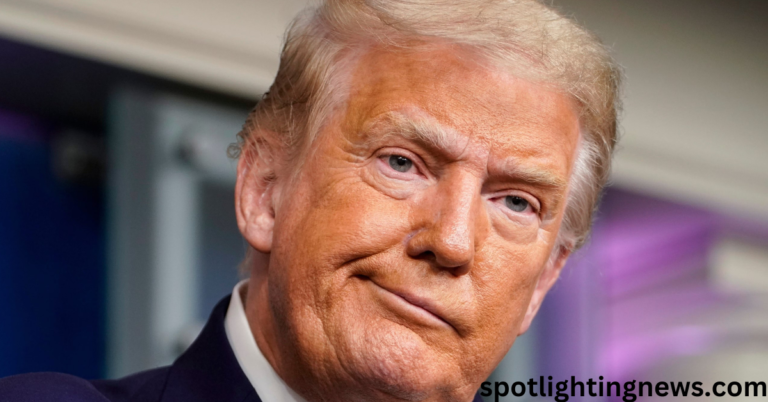
A recent court ruling in Colorado has put a halt to Donald Trump’s bid for the presidency. The court declared Trump ineligible to run for president in the state because of his involvement before the January 6 riot. But what does this mean for the upcoming general election?
Reason Behind the Ruling
The Colorado Supreme Court stated that Mr. Trump couldn’t participate in the state’s Republican primary contest due to a part of the US Constitution that disqualifies individuals involved in insurrection. The ruling cited “clear and convincing evidence” of Trump’s engagement in insurrection, which falls under Section 3 of the 14th Amendment.
Understanding the 14th Amendment
Section 3 of the 14th Amendment disqualifies people from holding federal office if they participate in “insurrection or rebellion” against the Constitution. This amendment was established after the Civil War to prevent supporters of seceding southern states from rejoining government positions.
First Use of Section 3 in Disqualifying a Presidential Candidate
This marks the first time Section 3 has been invoked to disqualify someone from running for president. The court’s decision was divided, with a 4-3 split, indicating disagreement among judges regarding Trump’s exclusion from the ballot.
Implications and Future Steps
While this ruling only affects Trump’s candidacy in Colorado, he remains eligible to run in other Republican primaries across states. His lead in the Republican race allows him to pursue nomination without competing in Colorado.
Potential Impact on General Election
The ruling may have broader consequences for the general election. Several other states have similar lawsuits attempting to bar Trump from running. If successful in some of these critical states, it could significantly impact the closely contested presidential race.
Legal Battles Ahead
Donald Trump plans to appeal the ruling to the US Supreme Court. His team has until January 4 to file an appeal, which would keep his name on Colorado’s ballot until the Supreme Court reaches a decision. The Supreme Court’s verdict might hold national implications and affect similar lawsuits in other states.
Debate Among Legal Experts
Legal experts are divided on whether Trump’s actions before the Capitol riot constitute insurrection and whether Section 3 should apply to the presidency.
Political Reaction
Trump’s campaign denounces the ruling as an injustice targeting their candidate. Even some of Trump’s critics, like Republican Chris Christie, oppose the decision, considering it undemocratic. Christie believes voters should decide Trump’s eligibility.
What Lies Ahead for Donald Trump?
Donald Trump’s legal battles continue to unfold, but these challenges haven’t diminished his popularity among supporters or weakened his position in the Republican race.
The road ahead for Trump’s presidential aspirations remains uncertain as legal proceedings intensify and the Supreme Court’s decision looms large.